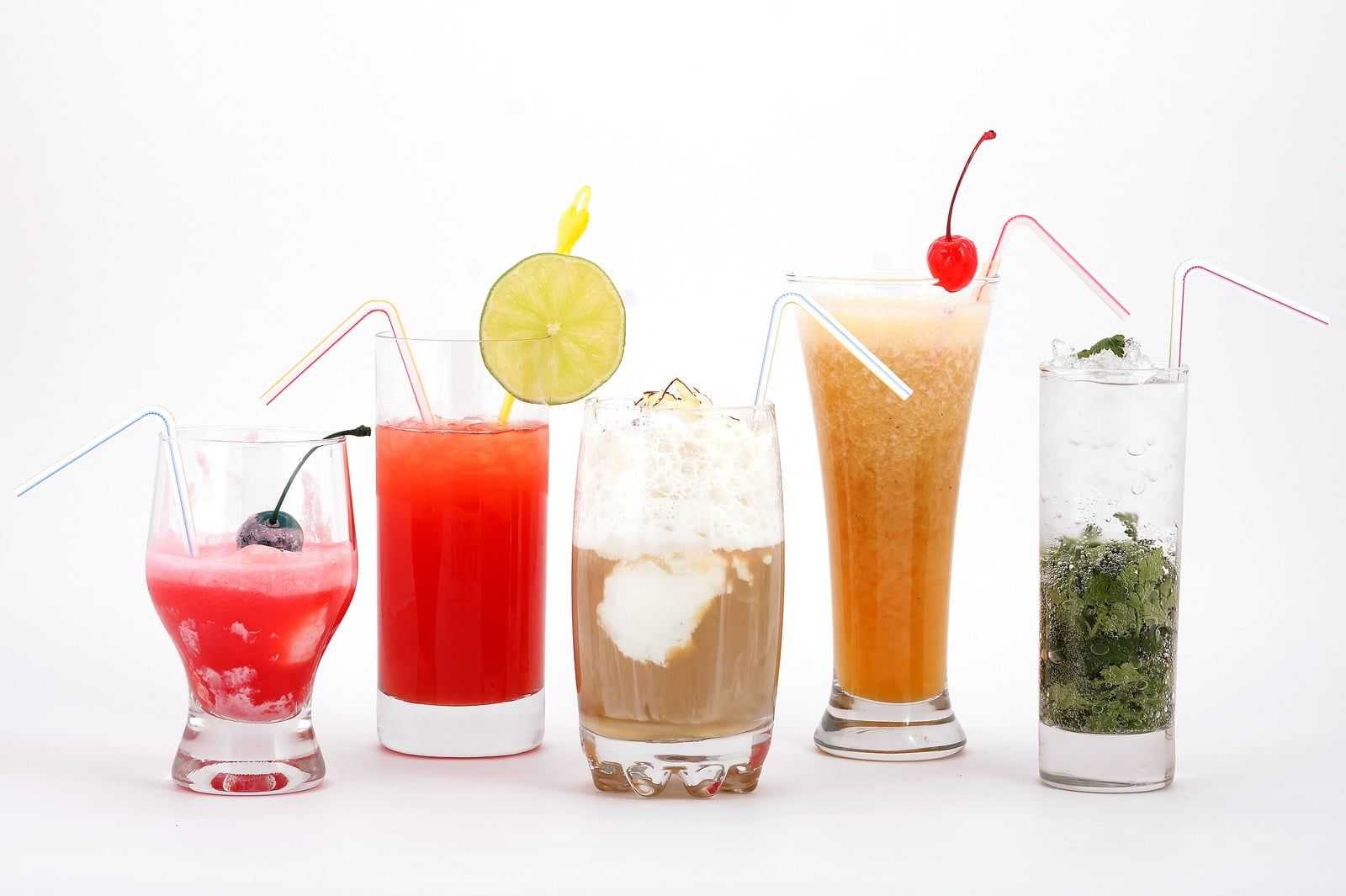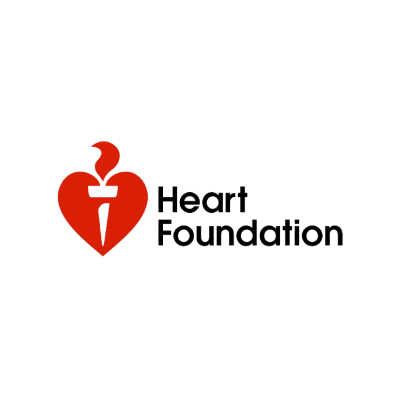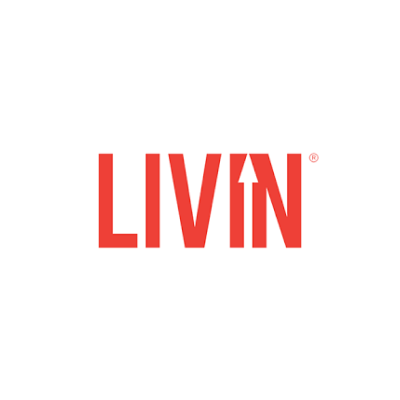Why liquid calories may be holding you back
That’s right, it’s not just food which contains Calories (energy), many commonly consumed drinks contain them too, something we should be paying close attention to for our health, especially if you have a goal to lose weight.
[Read Time: 7min]
That’s right, it’s not just food which contains Calories (energy), many commonly consumed drinks contain them too, something we should be paying close attention to for our health, especially if you have a goal to lose weight.
- Coffee and tea
‘Just a latte thanks!’
‘Cappuccino with 2 sugars please!’
If you drink 3 coffees a day, with 2 sugars in each, that’s ~6x teaspoons of sugar a day, and ~42x teaspoons of sugar a week (~190g worth per week).
Many of us throw back multiple teas and coffees every single day. Although coffee beans and tea leaves by themselves contain little to no energy, when we start drinking them with added sugars, full cream milk and even syrups, the Calorie intake from tea and coffee can contribute significantly to our total daily intake, which may impact weight loss if that is a goal of yours’.
Suggestion: If you like milk in your tea/coffee, swap to a low fat or skim milk. If you normally add sugar, I suggest swapping at least some (eventually, all sugar) with Natvia sweetener. This sweetener contains next to no Calories, and is likely to have less impacts on your health over time than added sugar would.
- Alcohol
It’s great fun at parties and social events, and it can absolutely be enjoyed in moderation (if you choose to drink that is). The social benefits of occasional alcohol drinking are very real and shouldn’t be overlooked.
However, as many of us know, alcohol is technically a ‘toxin’, and like carbohydrates, proteins and fats, provides energy, or Calories (~7kCal/g), to the body.
When we consume energy in excess of our requirements over time, we gain weight. Alcohol is pretty easy to drink. Do you see where i’m going here?
Another layer to this problem is when we drink alcohol such as beer, wine, or sugary mixers (spirits + sugary soft drinks) (home mixed or pre-canned). When we drink these, we are drinking Calories from alcohol, as well as Calories from carbohydrates. You may not know that tonic water also contains sugar!
Suggestion: There’s nothing wrong with a couple of beers or glasses of wine a week. However, try swapping excess beer/wine/sugary mixers with spirits (EG vodka) and sugar free soft drink. Additionally, many mixer-brands now sell common favourites in zero sugar versions (no, this doesn’t mean you can drink double…).
- Fruit VS fruit juice
How often do you sit down to 3 apples or oranges in one sitting?
Because that’s about how many go into an average glass of apple juice/OJ.
Don’t get me wrong, there’s nothing ‘wrong’ with fruit juice-it of course provides you with a range of vitamins, minerals and hydrational benefits. However, it is much easier to consume multiple glasses of fruit juice, than it is to consume multiple pieces of fruit in one sitting. This is mainly because actual fruit contains dietary fibre, which helps you to feel much fuller than a glass of juice would, alongside providing you with a wealth of digestive benefits. Therefore, it’s much easier to potentially over-consume the naturally occurring fructose found in fruit, if we drink more juice than eat whole fruit.
Suggestion: enjoy a couple of glasses of fruit juice a week, but in most breakfasts, swap that glass of OJ for an actual orange, or that glass of apple juice for a whole apple.You’ll get all the delicious nutritional and taste goodness of a glass of juice, as well as the benefits of eating dietary fibre.
- Sports drinks
Gatorade, Powerade, and the lot- have you ever brought one along to a gym/PT session, or had one before a jog, thinking it would turn you into a superhuman like their ads try to make you think? I know I sure did back in the day…
Sports drinks essentially contain water, sugar (~40g in a 600ml bottle), sodium (sometimes other electrolytes), and flavours + colours. They are designed to provide athletes with a quickly absorbed carbohydrate source, to refill the stores which they have depleted in competition, so they can keep going.
Unless you are engaging in a 90+ minute high intensity endurance exercise session, you probably don’t need them.
Suggestion: Regular water, and a carbohydrate containing meal/snack 1-2 hours before your gym session or jog, will likely be more than sufficient to keep you going. If you enjoy the taste of sports drinks, sip on a sugar free version (both Gatorade and Powerade now sell them).
- Soft drinks
Coke, Pepsi (the superior cola), Sprite, Fanta, Solo, you name it, we’ve all had them and they’re delicious.
However, these sugar-laden fizzy drinks are not good for our waistlines, teeth, or overall health for that matter. There’s plenty of research, in countries around the world, linking excess consumption of sugary soft drinks with poor health outcomes.
Fortunately enough, almost all brands of soft drink now offer sugar free versions of their common favourites, so we can enjoy the flavour of soft drinks without the potential health complications of added sugar.
Sugar free soft drinks are usually sweetened with the following 2x sweeteners:
Acesulfame Potassium (950)
Aspartame (951)
Many people are scared of these sweeteners, due to rumours about the scary effects they can supposedly have upon the human body. I’m here to clear that up for you.
- Cancer
The cancer-causing rumours started from studies beginning in the 1970’s on rats, who were given astronomically large ‘megadoses’ of these sweeteners, or in other words, quantities humans would NEVER consume realistically.
The amounts in our food supply (for example, sugar free soft drinks), are FAR, FAR BELOW the minimum amount which caused effects in these rats. You would need to consume 22+ cans of diet coke (or pepsi max, if you like better tasting cola), every day, for months or even years, to start putting yourself at cancer risk.
- Weight gain
Secondly, another rumour is that artificial sweeteners cause you to gain weight. This one has always baffled me, because these sweeteners contain little to no Calories.
The weight gain rumour started from types of studies called ‘epidemiological’ studies, where overweight and obese people were more likely to consume diet soft drinks.
Researchers have attributed this to something called ‘reverse causality’, which in this case, means diet soft drinks didn’t cause these people to be overweight, instead those who were overweight were more likely to choose diet soft drinks.
If you’ve gotten this far, I’ve probably bored you enough with my rambling, so here’s the summary.
Suggestion: artificial sweeteners will not give you cancer or make you gain weight. Excess sugar consumption, on the other hand, has been linked with chronic health conditions (including obesity, type 2 diabetes and some cancers). If you feel like a soft drink, have a sugar free one, just not too many if you want healthy teeth (take note Collingwood supporters).
To get more information on our services visit the Personal Training and nutritionist page.













